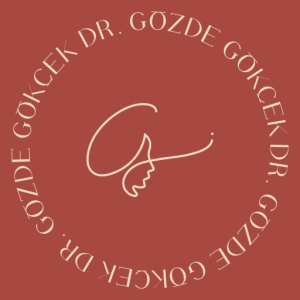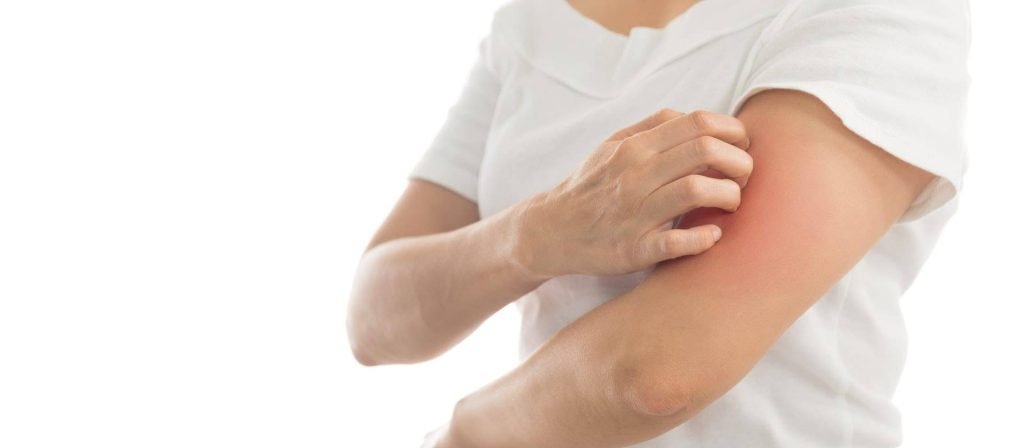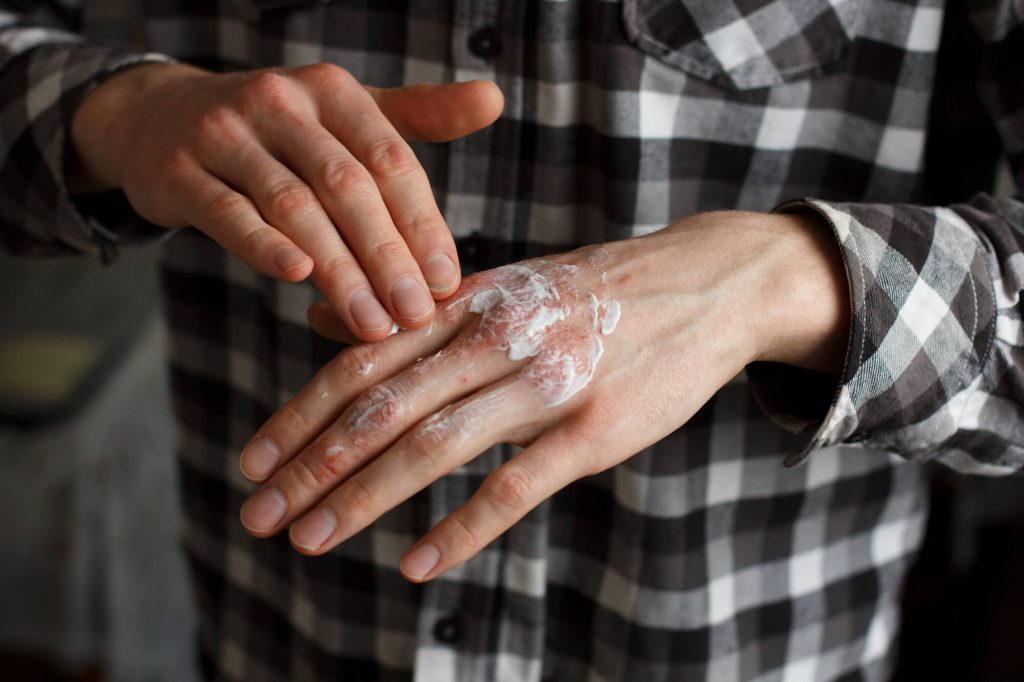Acne is a common skin condition caused by the blockage of hair follicles under the skin. Sebum (oil that helps keep the skin from drying out) and dead skin cells clog pores, causing lesions that are often referred to as pimples or pimples. Although it is known that it is mostly permanent, there are actually effective acne treatments available.
Acne varies from individual to individual and, depending on its severity, can cause emotional distress. It can also cause adverse effects such as skin irritation. But the sooner you start treatment for acne, the lower your risk of developing such problems.
Psorıasis vulgaris
Psoriasis is a skin disease that causes a rash with itchy, scaly patches, most often on the knees, elbows, trunk, and scalp. Psoriasis is a long-term (chronic) disease. It can be painful, interfere with sleep, and make it difficult to concentrate. Treatments are available to help you manage the symptoms of the condition.
Symptoms:
Common signs and symptoms of psoriasis include:
Patchy rashes that vary greatly in appearance from person to person, ranging from dandruff-like flakes to large rashes over most of the body
Rashes that vary in color that tend to be pink or red with a gray scale on brown or black skin and purple with a silver scale on white skin
Small scaling points (usually seen in children)
Bleeding dry and cracked skin
Itching, burning or pain
Cyclic rashes that flare up for a few weeks or months and then subside
There are different types of psoriasis, each varying in their signs and symptoms.
When should you see a doctor?
If you suspect you may have psoriasis, be sure to consult a healthcare professional before long. Also, be sure to seek medical help if:
If it becomes severe or widespread
If it causes discomfort and pain,
If you experience drastic changes in the appearance of your skin.


